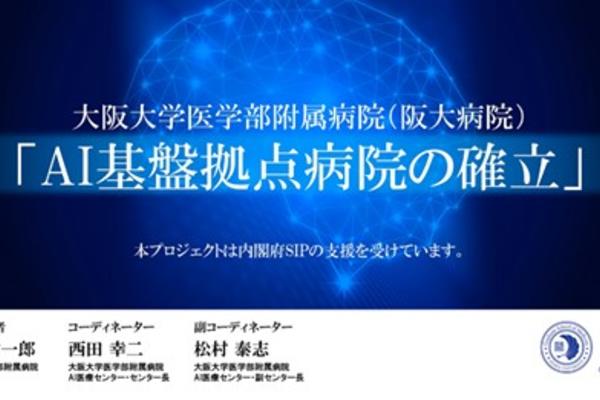Home
Latest news
Engaging the public at the ESRC Festival of Social Science
Developing a network of healthcare professionals interested in the development and implementation of AI in Oxford
Advocating for the value of patient and public engagement in AI for health
AIDE research aims to understand the human factors that will help or hinder the implementation of Artificial Intelligence and data driven technologies (AI) in healthcare; identify how stakeholders expect AI to change lives and impact healthcare experience; and determine how concerns might be resolved to promote acceptance and adoption of data-driven technologies. We study the perspectives of researchers, health care workers, members of the public, AI developers, and policy experts to inform strategies for stakeholder involvement in the future of AI implementation, development and use within healthcare, and improve trust.
Between 2019 and 2023 we explored the development and use of AI systems in healthcare settings in Oxford (UK) and Osaka (Japan) and consulted with various stakeholders, including members of the public, to understand:
-
Knowledge and experience of AI, current and anticipated use in healthcare, and other valuable applications
-
How people learn about developments
-
Factors perceived to influence adoption/implementation
-
What safeguards, controls or types of engagement would inspire trust.
This research underpins our suggested mechanisms for a sustained societal dialogue around the use AI in healthcare.
Click here to read more about our research approach
This work was led by researchers based at the University of Oxford in collaboration with colleagues at Osaka University. It was supported by UK Research and Innovation’s (UKRI) Fund for International Collaboration (FIC) in a joint UK-Japan initiative (Project Reference ES/T007214/1). In Japan the research was supported through the Institute of Science and Technology (JST) with the aim of "designing a sustainable platform with the involvement of citizens and experts to bring the benefits of AI in healthcare to all."
The programme name "AIDE" is an abbreviated version of the English name of our 2019-2023 project "The Benefits of Ensuring AI in Healthcare for All: Designing a Sustainable Platform for Public and Professional Stakeholder Engagement". The acronym reflects our hope that our reserach will aid the engagement of key stakeholders in the increased use of AI and data driven technologies in healthcare.
Stakeholder Consultation:
We recruited members of the public over the age of 18 who understand and speak English fluently. Participants took part in focus groups with around 6-9 other people, mostly taking part online using video conference software. Technical assistance was available before and during online focus groups.
Learn more
We recruited healthcare and allied health professionals practicing in healthcare and with or without experience of AI in clinical practice. Participants took part in individual or paired interviews, mostly held online using video conference software.
Learn more
We invited experts who are knowledgeable about AI technical development, AI uses in healthcare, or policy making in this area to participate our research by taking part in a virtual interview using video conference software.
Learn more
Who we are:
This research project was conducted by members of the Centre for Health, Law and Emerging Technologies at the University of Oxford, and the research team of the Osaka University UNESCO Chair in Global Health and Education, Professor Beverley Yamamoto.
Meet the Team
The AIDE Project benefits from the input of experts in medicine, informatics, data governance, ethics and public policy through Advisory Boards in the UK and Japan.
Learn more
A PPIP was created to support each research team, providing insights from those with lived experience of healthcare into the design and implementation of our research.
About our PPIP
Learn more:
The AIDE Project is a joint research project conducted between Osaka University and the University of Oxford.
Learn more about our Partnership
What is Artificial Intelligence and why are we interested in its use in Healthcare?














